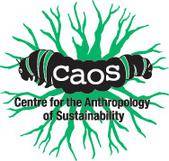Our research seeks to understand or encourage more sustainable behaviours and to critically evaluate unsustainable behaviours.
Projects
Human Ecology Research Group (HERG)
UCL Anthropology’s Human Ecology Research Group (HERG) focuses, on the one hand, on the impact of resource policy and management of people’s livelihoods, health and welfare, and on the other, on the impacts of changing resource use on environment and biodiversity. Furthermore, it focuses on developing new methodologies for participatory research. The Human Ecology group includes some 25 staff, postdoctoral and postgraduate researchers working on interactions of resource use, conservation, business and development in regions ranging from Amazonia, East, Central and West Africa to Siberia and South East Asia; in ecosystems from tropical rain forest through drylands to coastal and riverine wetlands, and with a research focus ranging from single species interactions with people (e.g. great apes/large carnivores) through to broader themes such as bushmeat; fire management regimes; fishers and aquatic resources; pastoralists; corporate social responsibility; international initiatives such as REDD, carbon accounting and payments for wildlife conservation. HERG research explores the interactions of eco-system management regimes, wildlife conservation and rural livelihoods in less developed countries, and focuses particularly on ecosystem and threatened species ecology, policy interventions, household economy and livelihoods diversification.
Our research group uses the human ecological perspective, which emphasises interdisciplinarity to develop new understandings and narratives of people’s interactions with the natural environment and the impact of human activities on nature. The group consists of a diverse range of contributors – from social anthropologists to ecologists and demographers with research projects across the world.
Researchers
Prof Katherine Homewood
Prof. Katherine Homewood works on the interaction of conservation and development, particularly in sub-Saharan Africa and with a special focus on pastoralist peoples in drylands, among other groups and ecosystems. She researches the implications of natural resource policies and management for local people's livelihoods and welfare, and the implications of changing land use for environment and biodiversity. Dr Homewood also convenes the Human Ecology Research Group which brings together staff and postgraduates working on environment and development issues.Profile Page
Prof Volker Sommer
Prof. Sommer's research focuses on the behaviour and ecology of non-human primates. The Gashaka Biodiversity Project (GBP) founded by Sommer more than 15 years ago established that a remote and roadless wilderness in North-Eastern Nigeria holds the largest remaining population of the rarest and least known chimpanzee subspecies (Pan troglodytes ellioti) plus much other iconic fauna and flora that is already extinct in many other places through West Africa. These field studies created recognition for the importance to save the Gashaka forests as the region's last remaining functional major watershed on which also many human settlements depend. GBP works in partnership with Chester Zoo and facilitated other sponsors in Europe and Africa to assist in developing effective protection measures. These include providing educational, economic and infrastructural benefits to local communities and national park rangers in this secluded highland region. (www.ucl.ac.uk/gashaka)Profile Page
Dr Caroline Garaway
Dr Caroline Garaway is a human ecologist with a particular interest in the human ecology of living aquatic resource use. Current research includes an investigation into new models of stewardship and sustainability for shellfish in the inter-tidal zone - piloting in the Thames Estuary (Intercultural Communication for Sustainable Resources Research Catalyst Grant 2014) as well as ongoing wetland and livelihood sustainability research in SE Asia. She is also the founder of the Cities Aquatic Resources Project - London (CARP*) - a pioneering teaching/research initiative which trains undergraduates in research and builds understanding of the production, supply and consumption of aquatic resources in our urban centres- past, present and future.
Profile Page
Dr Marie-Annick Moreau
Despite providing food and income to millions of the rural poor globally, small-scale inland fisheries remain largely ignored in current water management and poverty alleviation debates. Dr Moreau's PhD research focused on demonstrating the value of current livelihood systems to people living on Tanzania’s Rufiji River floodplain, combining qualitative and quantitative methods to provide an empirical, culturally-nuanced and historical understanding of fisheries access and management issues.Profile Page
Dr Ruth Malleson
Dr Malleson's research examines the social, cultural and economic significance of forest lands and forest products and how sound natural resource management can contribute to more secure livelihoods in the changing socio-economic, political and ecological climate. Her research also looks at the impacts of natural resource management and development projects on the livelihoods of rural people, including projects whose interventions include eco and research tourism, bio-prospecting, community based natural resource management, agroforestry, payment for ecosystem services and the development of fair trade farm products. She also works with smallholder farmers, developing sustainable and improved production systems that are economically feasible, socially acceptable and environmentally sound. Closer to home, Dr Malleson focuses on open access, common lands and rights of way in the UK and waste minimisation in the UK - the opportunities and constraints to home composting.
Profile Page
Dr Helen Cross
Dr Cross uses inter-disciplinary approaches to investigate challenges at the interface of rural-coastal livelihoods, conservation and resource governance. Her PhD fieldwork focuses on small-scale marine fishing in West Africa’s Bijagós Archipelago (Guinea-Bissau). Before this she worked in the Levant (2005), Costa Rica (2004 and 2006) and Panama (2007).
helen.cross@ucl.ac.uk
Adaoma Wasu
Adaoma Wasu works in northern Mozambique where tourism is used as a tool by the Government to boost the national economy and address poverty and natural resource concerns. Together, tourism and conservation initiatives carry with them costs and benefits which differ on a variety of scales; international, national and local. Despite national benefits, at the local level benefits from tourism appear to be unequally distributed.I specifically consider the distribution of these impacts on women, an often marginalised group using a mixture of ethnographic and biological research methods.a.wosu@ucl.ac.uk
Rafael Chiaravalloti
The Western Border of the Pantanal wetland sees a conflict between the Protected Areas in the region and the local communities around them. The main goal of Rafael Chiaravalloti's project is to identify strategies that can both promote maintenance of biodiversity and its ecological functions as well as the social and economic needs of Local Communities. Using mathematical models based on environment data to identify key sites of biodiversity, and participative approach with local people using GPS, his research will provide a map which can satisfy all the stakeholders in the region allowing them step forward towards conflict resolution.rafael.chiaravalloti.12@ucl.ac.uk
Farid Belbachir
Farid Belbachir is currently finalizing his PhD thesis on human-large and meso-carnivore (LMC) relationships in the Algerian Central Saharan Ahaggar Cultural Park (ACP), with emphasis on the Saharan cheetah. Through a largely qualitative approach, he has explored local knowledge of LMCs, herding practices and predation, and beliefs of, and attitudes toward, LMCs regarding threats posed to human safety, depredations on livestock, and traditional uses of wildlife in the ACP. During his field work, Farid also carried out an ecological camera-trap survey of the cheetah population living in the ACP’s Anhef region, aiming to investigate the predator’s density and home range in Saharan habitats.f.belbachir@ucl.ac.uk
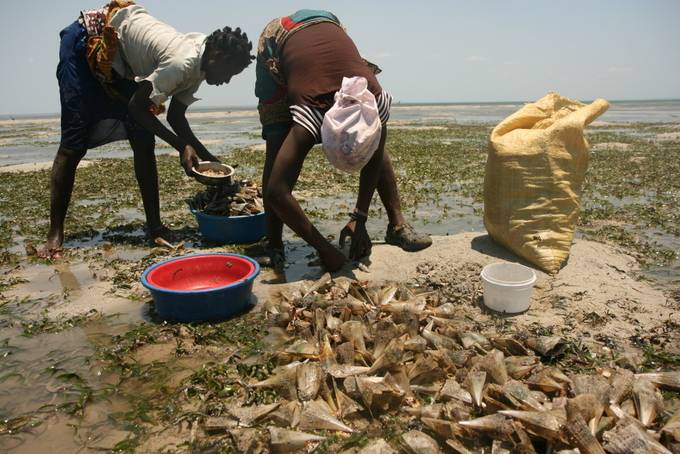
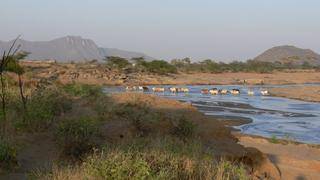
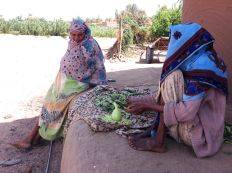
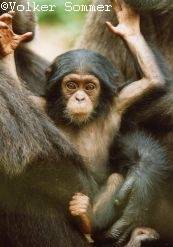
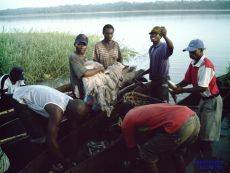
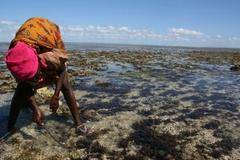
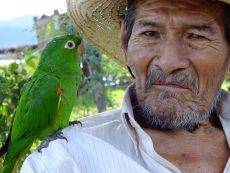
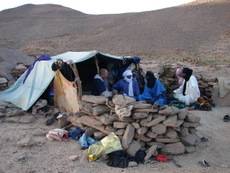
 Close
Close


